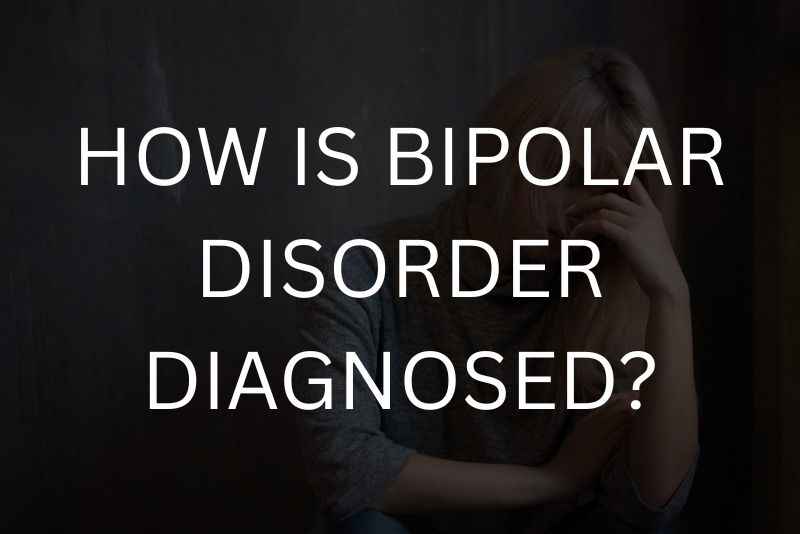What is Bipolar Disorder?
Bipolar disorder is a mental health condition that causes intense mood swings, including emotional highs (mania) and lows (depression). These changes can be dramatic, impacting energy levels, behavior, relationships, job security, educational opportunities, interactions with the law, and the ability to manage everyday tasks. In some cases, bipolar disorder may co-occur with PTSD, which can further complicate symptoms and make daily functioning even more challenging.
Types of Bipolar Disorder
There are two main types of bipolar disorder: Bipolar I and Bipolar II. The key difference is the intensity of the manic episodes:
- Bipolar I involves more severe manic episodes, and severe depression, with or without psychosis, and is frequently associated with the need for inpatient hospitalizations. It is a serious disorder that is often mistaken for or overlaps with schizophrenia or schizoaffective disorder.
- Bipolar II has milder episodes of mania, called hypomania, along with less noticeable depressive episodes. People with Bipolar II are often misdiagnosed as ADHD or “too irritable” before receiving the correct diagnosis.
Related: Breaking the Stigma: 10 Common Mental Health Myths You Need to Stop Believing

